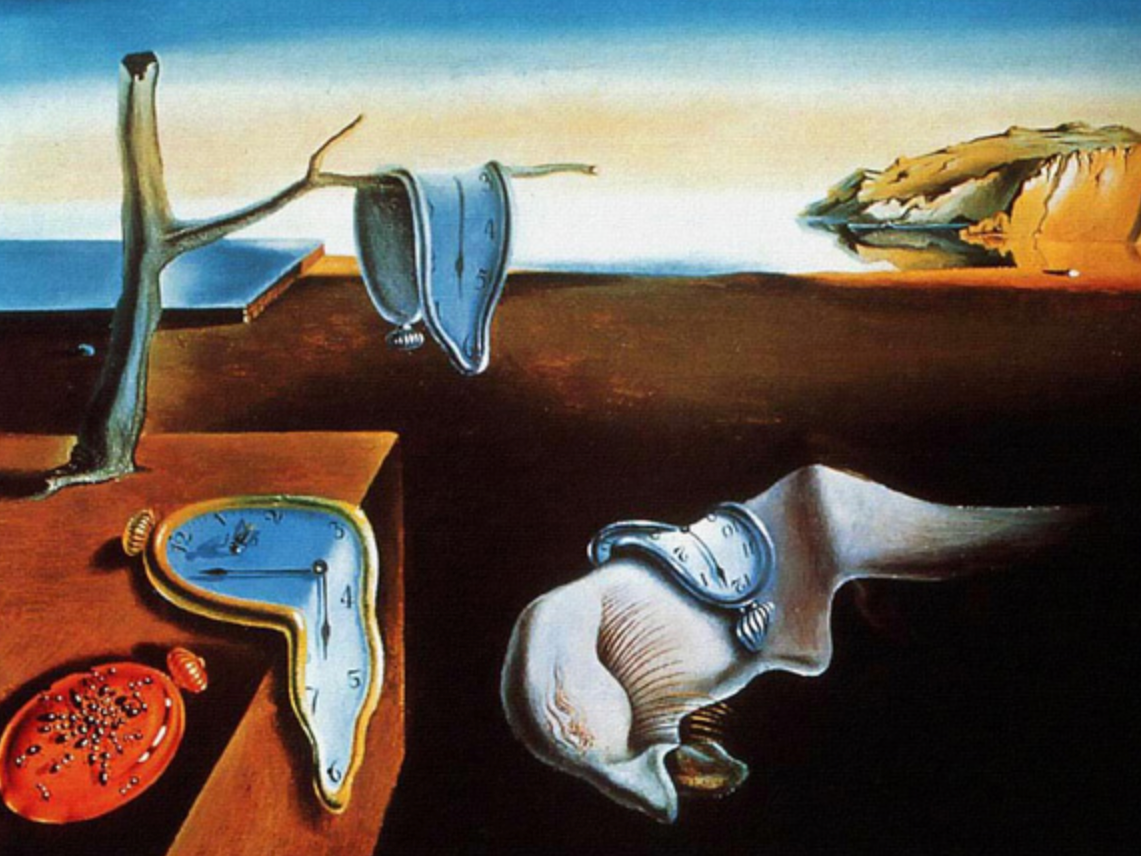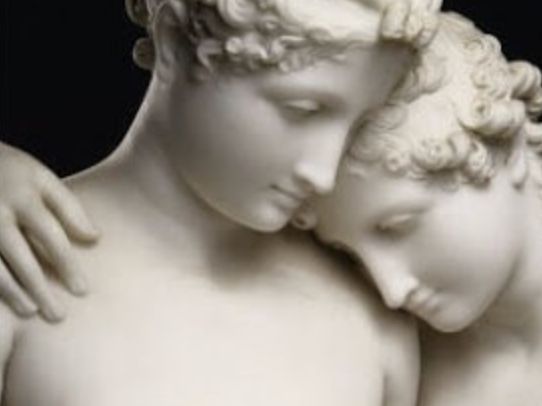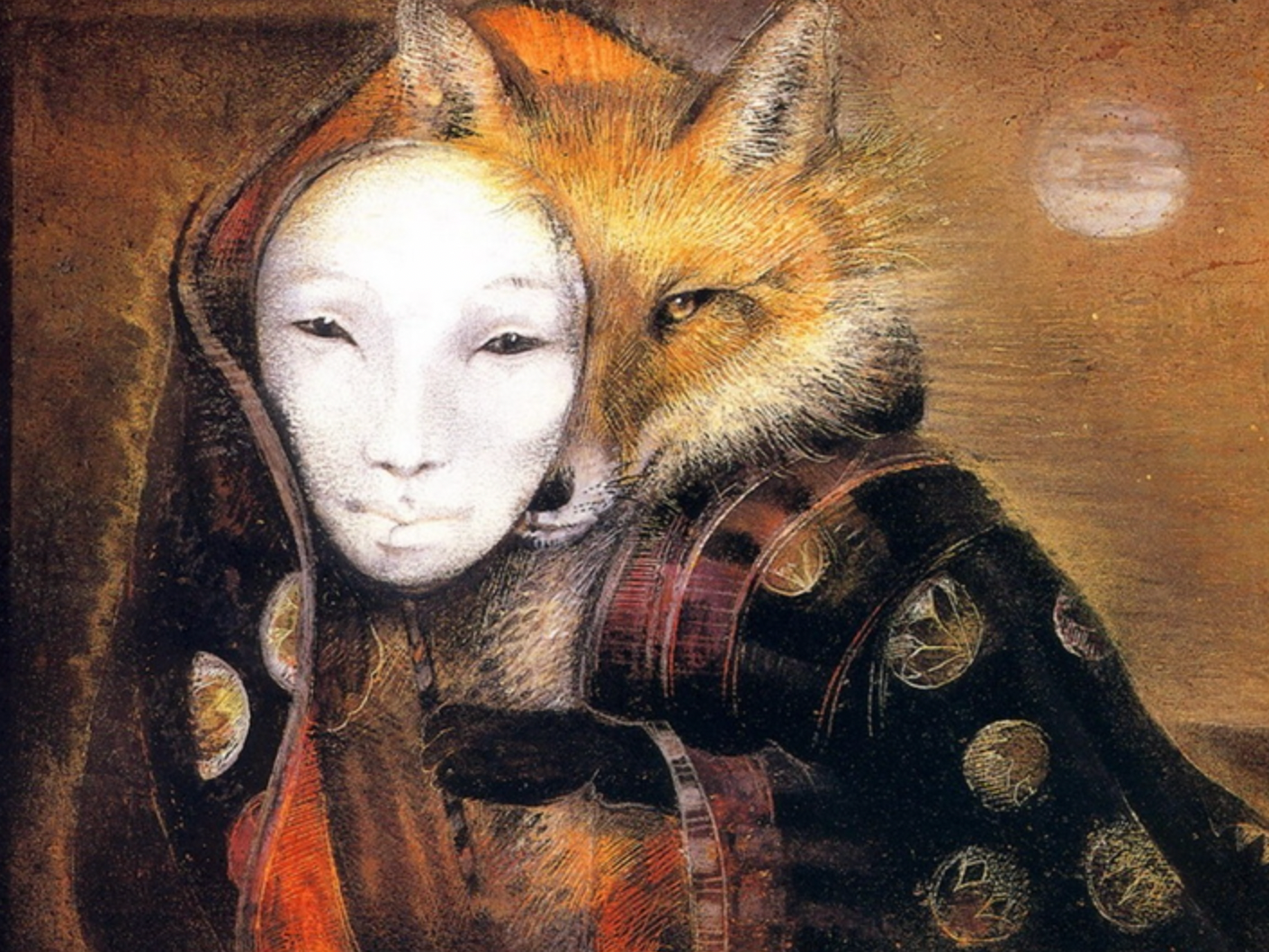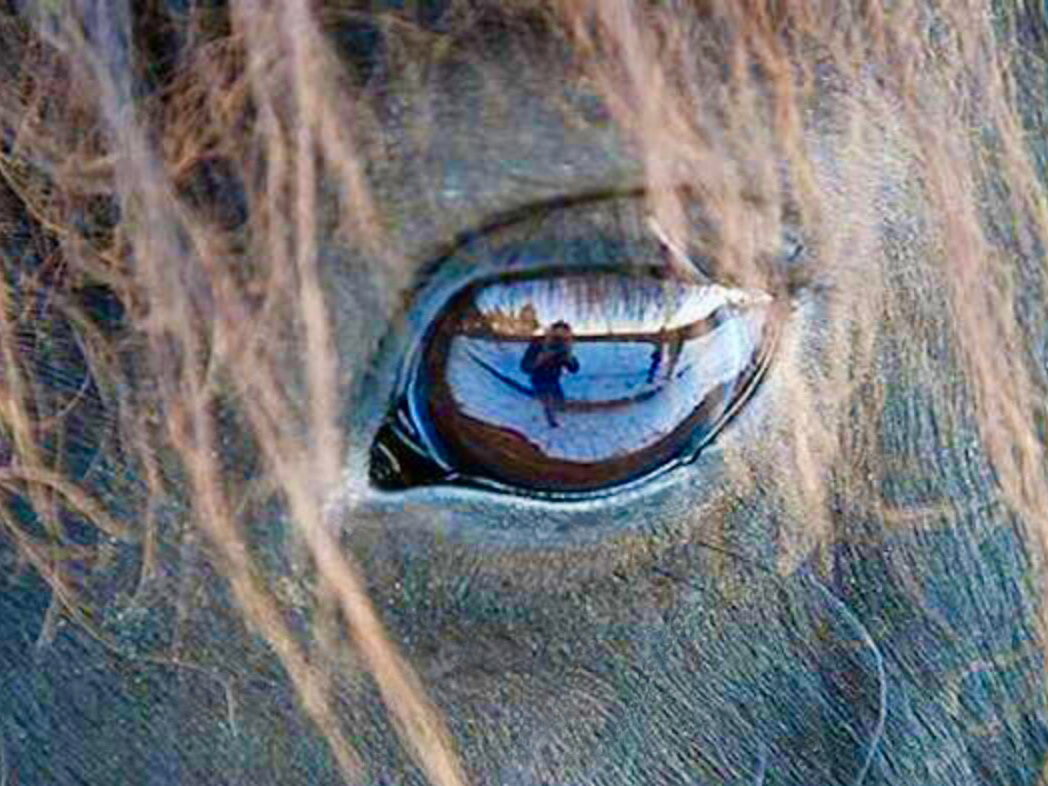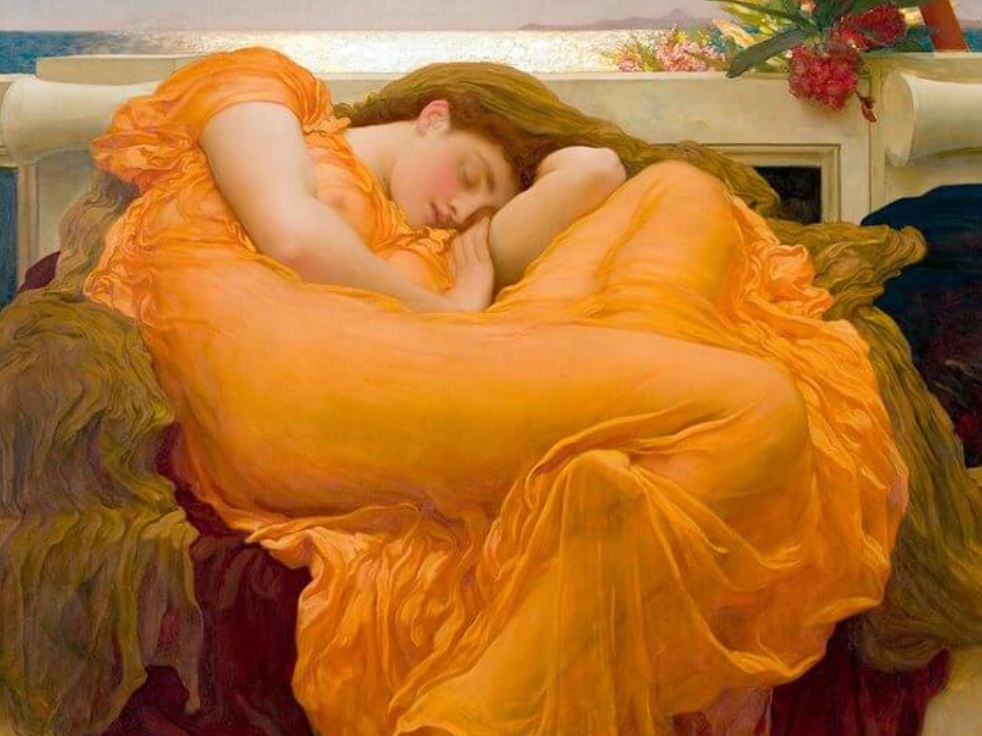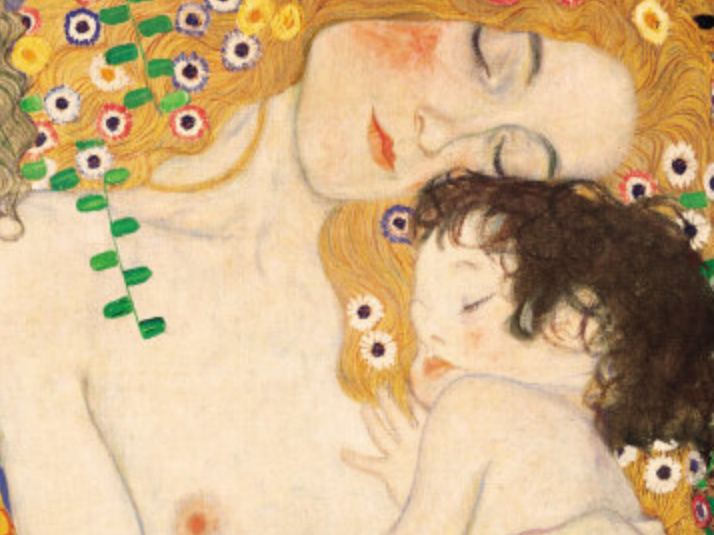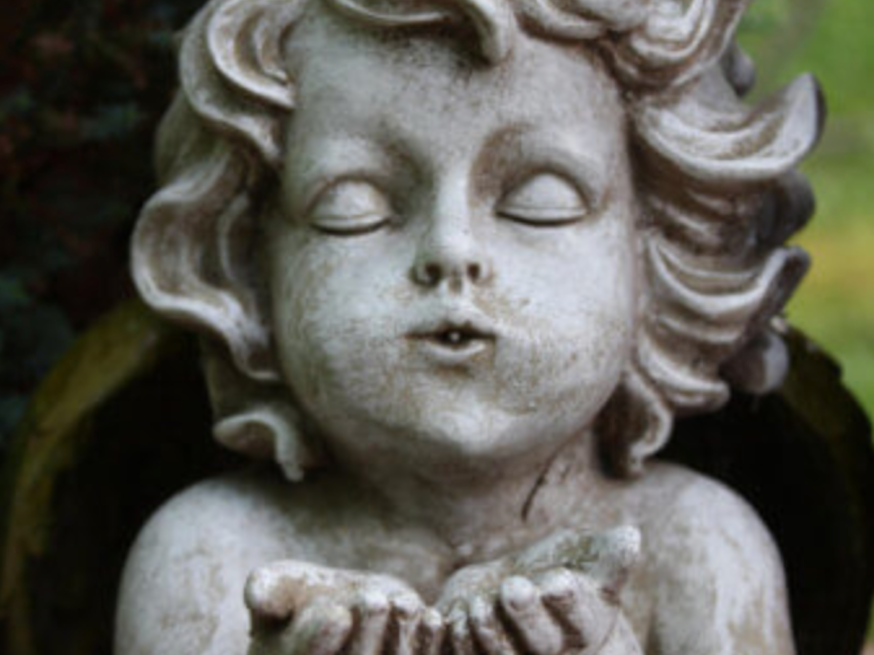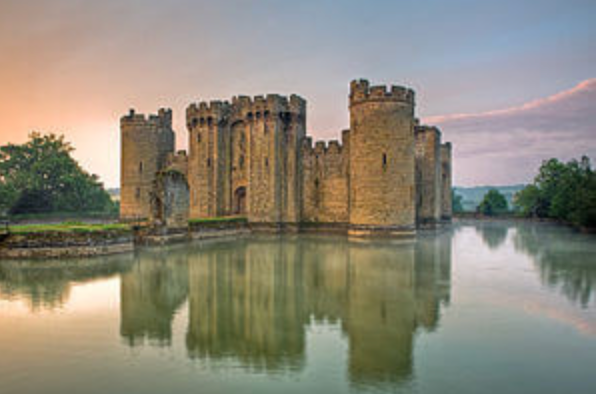

Dreamers gain fluency in symbolic language by contemplating the various possible meanings of dream symbols and by considering the parallels between these associations and what is happening in their daily life. How to explore a dream symbol? Let’s start with a common dream image as an example – a house. A house in a dream may be a grand castle or a simple hut. The dream house can appear as a spacious urban loft, a cozy country cottage or an intriguing igloo. A house in a dream may be totally unfamiliar or one as easy to recognize as your childhood home or grandmother’s house. Your dream is unique to you so, when pondering the meaning of any dream image, don't rush to a "dream dictionary." Instead begin by reflecting upon your personal life experience. Does this space seem similar? Do you have any personal associations to this particular house?
To get down to the basics, it can be helpful for the dreamer to imagine they’re describing the dream image to a being who is from another planet and who has no familiarity with life on Earth. This technique is useful because it helps break through preconceived notions about dream symbols, particularly those we consider familiar, like a house. So, for example, if a dreamer is asked "what is a house?" they may generally associate a house with a place of shelter, security, comfort, familiarity or belonging. The particular words the dreamer chooses at this time reveals the unique meaning of the dream image for them in the present moment.
Exploring a Dream Symbol: the dream house
A house in a dream can be considered part of the dream's setting. Any storyteller of literature or film knows the importance of setting and a house that appears in a dream is an important part of the dream's setting. In films setting evokes mood and this is true for a dream too. A setting can be dark and gloomy or bright and cheerful, for example. Similar to a film's director, your unconscious mind is the director of your dream story and will choose a specific setting in order to create a theme for the dream. In the case of a house, the dreamer's description of the house may reveal a dream theme like mystery, comfort or inspiration.
So when pondering the meaning of a dream image don't take the meaning for granted but instead always ask "what is this?" as if you had no idea what it is. After that ask about specific details to more deeply experience the potential meanings of your dream. Reflecting on both the general or universal nature of a dream image and on your personal experience reveals the potential meaning of a symbol in your dream.
Salvador Dali, Persistence of Memory
A house is an inside, private and often personal space that is separate from the outside, public space. As a symbol a house in a dream can be an expression of your current inner environment, your most intimate self. In this sense the house can reflect your current psychological state and perhaps even your physical wellbeing.
As a reflection of who you are, a house in a dream that is familiar to you can be a marker of time. It is fairly common to dream of returning to a house you knew in childhood. A dream of a house from the past may reflect a wish to emotionally return to that particular time of life. However a familiar house from the past can also signify that issues from a past era are complicating the dreamer’s current life and it can be helpful to consciously make that association.
For example, one dreamer had several dreams in the setting of her childhood home from ages 11-16. When engaged in dream discovery she remembered that era in her life as clearly marked by her parent’s divorce. In her current waking life she was once again experiencing similar feelings of insecurity in her relationships and was surprised by some of her behavior. The dream clearly communicated that the childhood experience of her parent’s divorce was being stimulated by her current situation. The dreamer’s waking mind did not have this insight. Her conscious mind needed help from her dreaming mind. Understanding that her current behavior was linked to a past experience gave this dreamer enough perspective to feel more free in the situation since she could now make choices more consciously. And, as is often the case, the dream gave the dreamer more guidance for being successful in her current circumstances.
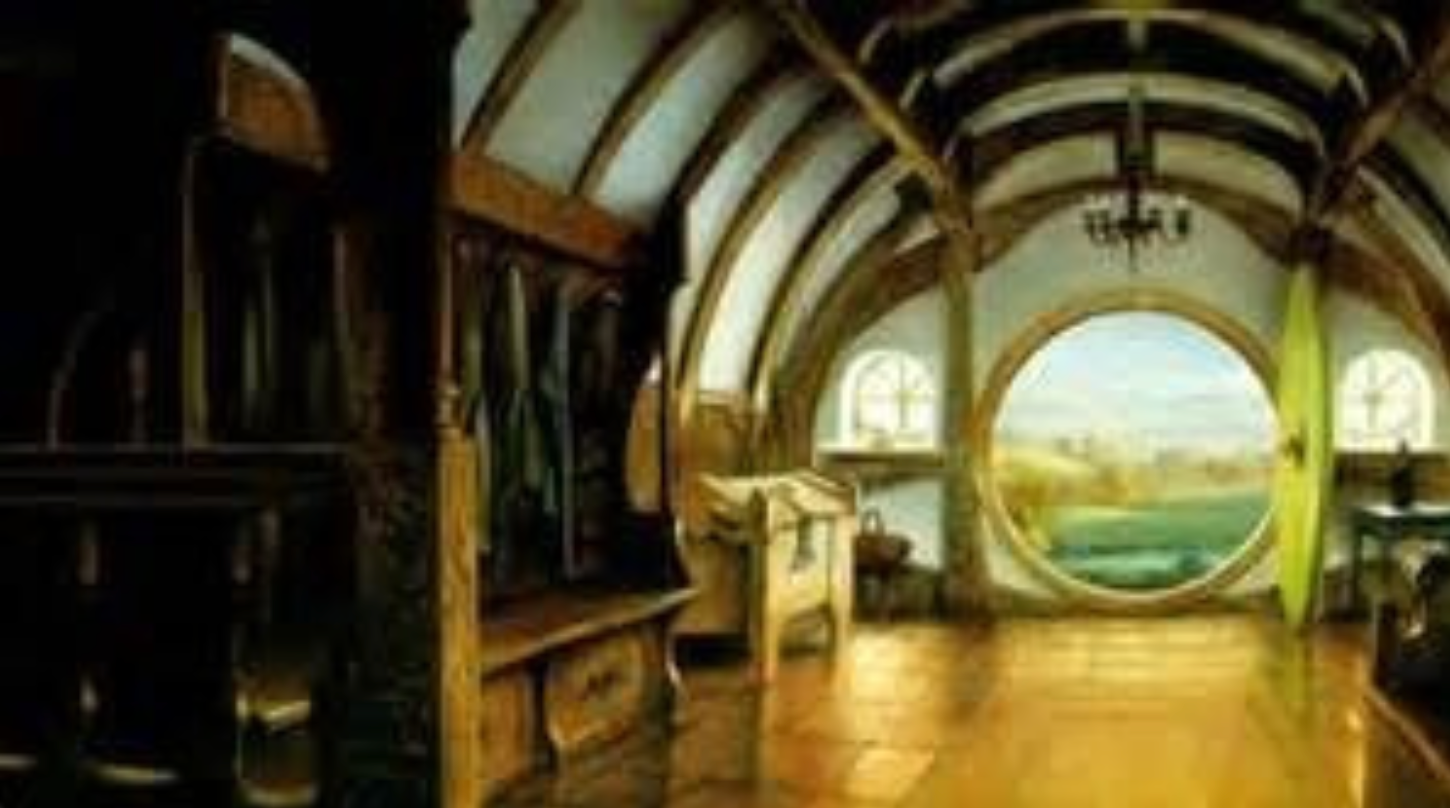

If in the dream the dreamer explored an unfamiliar house it may indicate they are in a time ripe for new possibilities they have yet to explore in waking life. In this case the dream is encouraging the dreamer to be open to new life experiences that their conscious mind might dismiss.
Unfamiliar rooms may indicate there are unexplored areas within, new internal potentials to experience. If the dreamer did not explore a room or area due to anxiety while dreaming, they can explore that space by re-imagining themselves there. In Dream Discovery we call the re-imagining process Dream Re-Living™ because it brings the dream to life in the present moment. Another option is to use the dream incubation method on subsequent nights to re-live the dream again while sleeping and explore that space (as described in the Dream Discovery blog Creative Dream Problem Solving).
We support the dreamer in exploring options, even anxiety producing ones, rather than avoiding them since the same fears will likely return in another dream and may also be limiting the dreamer in daily life. Dreamers can have confidence in exploring the unknown in a dream since their psyche is leading them there to experience something not yet revealed, resolved or realized – a new chapter in life.
Here are more questions to use as a guide for discovering more about the meaning of a house in a dream. Similar questions can be used for other dream symbols:
How does it feel to experience this particular house? It should be continually emphasized that the dreamer’s own words reveal the meaning of their experience. Does the house feel inviting? Interesting? Foreboding? Sad? Check out the blog post below for more about "Dream Discovery with Feelings."
Briefly describe the personality of this house. Imagine the house had a voice to express itself – what would it say?
What are your personal associations about this house? Does it seem familiar? Has the dreamer ever experienced a similar environment? If the house is familiar, explore any associations to this particular house and the time period the dreamer recalls when they think about this house.
Is the space small or large? How does the dreamer experience the smallness or spaciousness? Does it feel confining or cozy? Overwhelming or welcoming with possibility? What is the lighting like? How does it feel? Does it provoke a mood? What are the colors? What feelings do the colors invite? Is the house new and modern? Or is it a reminder of a time gone by? Does it seem to need repairs?
Cliff House, San Francisco, 1894
Similar questions can be asked about many dream symbols such as other types of buildings or environments and vehicles. Sometimes comparing and contrasting a symbol with something in the same category can illuminate the important difference. One dreamer had a series of dreams about cars that continually didn't function. Then he had a dream about riding a bicycle (which he did not do in waking life) which felt liberating. The question "how is the experience of using a car different from a bicycle?" gave him insight into a new side of his personality he needed to develop in order to move forward in life with more freedom.
Actions are significant in most dreams. Our choices and actions lead to an unfolding of events. Do the events in the dream seem to reflect concerns, challenges, dilemmas or perhaps desires in the dreamer’s waking life?
Henri Cartier-Bresson
Always ask what is unique or interesting about this particular dream image. Since dream symbols can be viewed as reflecting an aspect of the dreamer is there anything about it that seems to relate to the dreamer’s personality or current life circumstances?
The dreamer’s own experience and insight reveals the meaning of the dream for them.
What is the typical function of the dream image? In the case of a house the function is to be a dwelling. Does anyone live in the house? How does the dreamer feel about the inhabitants? Are they familiar? What are the contents of this house? Do any objects seem significant? Familiar?
What are the details about this dream house? Does it have a single floor that is easy to explore or are there various levels that indicate there is more to come? What is the setting of this house, is it urban or rural? Is it located in an upscale enclave or a destitute hinterland? Is it placed on a "dead end" street or perilously situated on a hectic freeway? Perched on a isolated cliff? Surrounded by water? How does the dreamer experience the larger space that surrounds this house?
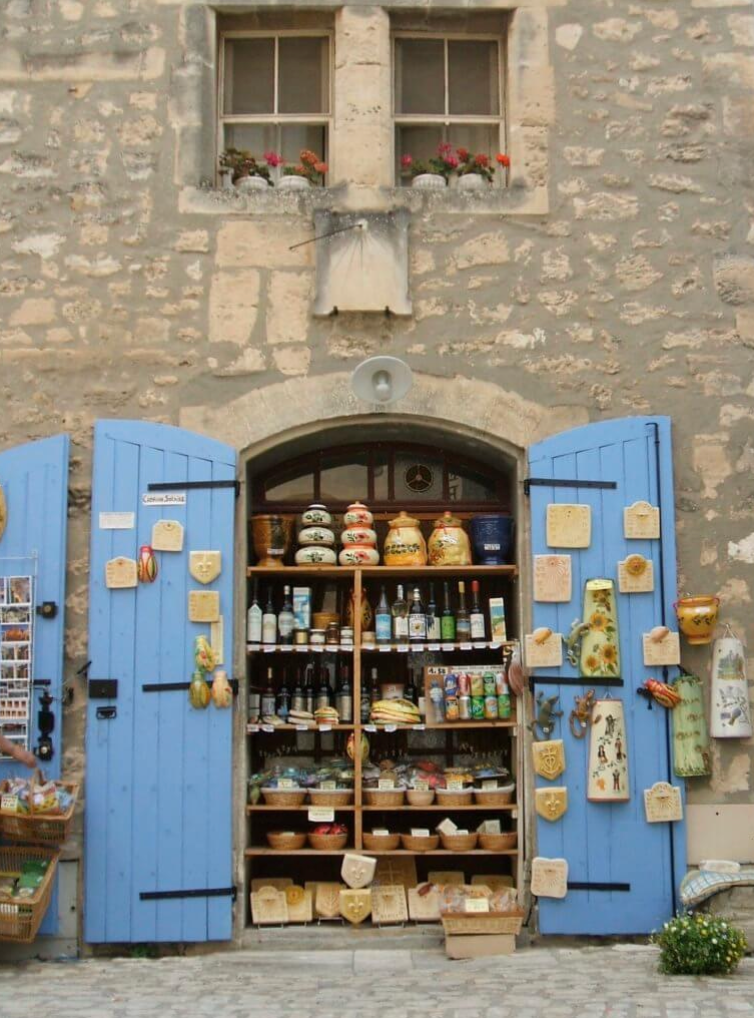
Photo by Hollye Hurst

Photo by Hollye Hurst
A house can be a very complex and personal dream symbol. Typically a house contains different areas which may represent different realms of the dreamer’s psychological world. If the dream activity takes place in a particular part of the house is it the kitchen, attic, bedroom or bathroom? Different rooms suggest different activities and meaning. For example, the attic and the basement are typically where things from the past are stored. How might this be relevant to the dream?
If the dream activity takes place in the kitchen what does the dreamer associate with a kitchen? To get down to the basics, how would they imagine describing a kitchen to someone from another planet? Generally, a kitchen is a place of change and transformation. The raw becomes the cooked and provides nourishment. The kitchen is also involved with the preservation of health. What are the specifics of this particular kitchen in the dream? Does this dream have a message about how you nourish yourself or your health? Does it have a message about changing the ingredients of your life to "cook" up something new?
The bathroom is a also a place associated with the preservation of health through activities related to cleanness, release and elimination. It is a very private space and can also be associated with feelings of shame. Does the dreamer have more specific associations? The bedroom is the other very private space and one we associate with rest, sex and surrender to sleep (and dreams!).
Conversely the porch, portico or gateway is a threshold or place of transition between the outer, public world and the inner, private life. Is this a prominent image in the dream? Thresholds such as porches are places of transition where both guests and strangers may first appear and be invited in or may intrude into your private space.
As a reflection of the dreamer’s state of being, the house in a dream can reflect not only the dreamer’s current psychological state but also their physical well-being. If the house is in need of repair or is otherwise in disarray, the dreamer might consider getting a health check especially if they have been ignoring what they think is an insignificant symptom.
Does the house, or any dream symbol, seem to need repairs? If a dream house has missing or broken windows, the dreamer’s associations to windows can offer insight. Does the dreamer describe windows as keeping warmth inside or as a protection from the elements? Or do they focus on the transparency of windows that can offer outsiders a view into their inner sanctum? Among other things, missing or broken windows can suggest personal boundaries in relationships may be broken and need attention. Or damaged windows could indicate to a dreamer that their ability to see clearly is impeded.
Dreams can often reveal our truest desires. Does the dream reveal something the dreamer wishes they experienced more in waking life? For example in the case of a house as a dream symbol does it reflect the dreamer's desire for more spaciousness or beauty? Again, if the dreamer gave the house a voice, what might be the message from their dream house?
Finally, in Dream Discovery™ the dreamer would ask how are the specifics of this dream relevant to my life experience right now? This is always an important question since, even though dreams can sometimes refer to previous times, they tend to reveal something we may not be paying attention to now or need to sort out in our current life.
Discovering Other Dream Symbols
Dreamers can use the questions offered here as a reference for beginning to explore other dream symbols. You might first try it with another common dream symbol such as a vehicle that can express how you’re experiencing your current capacity for navigating through life. Dreamers gain fluency in symbolic language by contemplating the various meanings for dream symbols and by considering the parallels between these associations and what is happening in daily life.
Keeping a dream journal offers the opportunity to explore dream images over time. Both the "Dream Discovery Course and the Workbook," a guided dream journal, are available on this website. The more you offer attention to your dreams the more you gain from this source of deep wisdom. Keeping a journal and discussing dreams will support you in learning the language of symbols and reflecting upon the multiple levels of meaning of dream images.
Some people interested in dreams theorize that there are typical meanings associated with symbols that persist across diverse cultures and times and these can be cataloged for general reference in a dream dictionary. There is an element of truth in this but a dream dictionary cannot reveal the depth of your dream experience. Dream dictionaries that give a specific meaning for a dream symbol are only helpful for becoming familiar with symbolic language. The personal feelings and associations of the dreamer reveal much more about the dream’s specific meaning and message for them than a dream dictionary ever will. For example, a tiger in a dream can mean one thing to someone whose favorite childhood toy was a stuffed tiger and something quite different to a person who goes on safari. As mythologist Joseph Campbell cautioned, “Don’t lose the message in the symbol. When the symbol is considered a fact, you’ve mistaken the message.”
It is important to always remember that the dreamer’s own experience and insight reveals the meaning of their dream symbol that is personal to them. The Dream Discovery philosophy holds that a single dream image can have multiple meanings for an individual and those meanings can evolve over time as the person continues to reflect upon the image. An extraordinary depth of self-awareness and wisdom can be inspired from discovery of your dreams.
Dream symbols are like multi-faceted diamonds. When we appreciate a dream symbol from different points of view, the light of consciousness illuminates each facet in all its uniqueness revealing multiple meanings for the dreamer and for anyone they share their dream with.
Dream Discovery with Feelings
“I’m in a grove by a creek. It feels kind of like in Alice in Wonderland. I’m watching my friend getting ready for her wedding and I’m the maid of honor. She’s super stressed – things are not going as planned. Her dress doesn’t fit right. I’m not happy with my dress either.
I ask her ‘Where is your fiancee?’ She says ‘I don’t know. He isn’t here yet.’
I look at the wedding rings. I put one on her and it fits. Then I put one on myself but see it’s too big. Now I see I've actually put both rings on myself. Who am I marrying? Am I marrying myself?”
Dream images provoke feelings that stimulate the seeds of a dream’s meaning for the dreamer and for anyone hearing the dream. When exploring any dream experience ask yourself how you feel when telling or hearing the dream. Read the short dream above again. Then close your eyes and visually replay in your mind what you remember as if it were your dream.
It’s helpful to tell the dream aloud in the present tense because this supports memory and brings the dream to life in the present moment. This is an example of Dream Re-Living. So, in this case, you would say “I’m in a grove…” rather than “I was in a grove…“ And "I'm not happy with my dress."
To fully experience the dream, give yourself enough time to notice any nuances of feeling that may arise. What feelings are evoked for you from the setting of the dream “in a grove by a creek – it feels kind of like in Alice in Wonderland?” What does it feel like to be in this place like Alice in Wonderland?
Now imagine yourself in various roles in the dream, for example, the bride. What does it feel like to be the bride? Next, how do you feel being the maid of honor in this dream?
Consider the choices made in the dream by various characters, like giving the ring. How does it feel to receive the wing? How does it feel to give it to the bride?
Now imagine you’re telling me this story and let’s pretend I’m from another planet. Since I really don’t know what a wedding ring is – please tell me what is wedding ring as simply as you can. Remember, I’m from another planet. So what is a ring? What is it used for? Again, keep it simple.
Next is there anything unique about this image - this particular ring? Questions like this can help you break through preconceived notions about familiar symbols like a ring.
If it were your dream experience, what discoveries in the dream would seem most important to you – what characters, objects, events or turns of plot? In this story, what pieces of dialogue seem most important to you? If it were your dream what more would you like to know? As you’ve experienced this dream, have any associations to your life come to mind? In Dream Discovery™ any dreamer’s dream can serve as an inspiration for other dreamers.
As if it were a short story, what title would you give this dream? Spontaneously giving a dream a title can often sum up the experience in a meaningful way. Titles also provide a way you can easily index your dreams.
These are just a few of the many questions we could ask about this and any dream. The depths of any dream experience cannot be revealed by a dictionary of dream symbols. The richness of a dream’s meaning always arises from the dreamer’s insight and personal experience. This brief dream provided the dreamer with a tremendous amount of insight into her feelings about her life journey and provided guidance that inspired her in moving forward. Even if you work with a dream just a few times a year, a single dream can nourish you deeply for months and even years. To learn more about Dream Discovery check out the Dream Discovery Course and the Workbook and Journal.
“In the gardens of memory, in the palace of dreams, that is where you and I will meet.”
“But a dream is not reality.”
“Who is to say which is which?”
“But a dream is not reality.”
“Who is to say which is which?”
Alice in Wonderland
Dream Discovery™ All Rights Reserved
